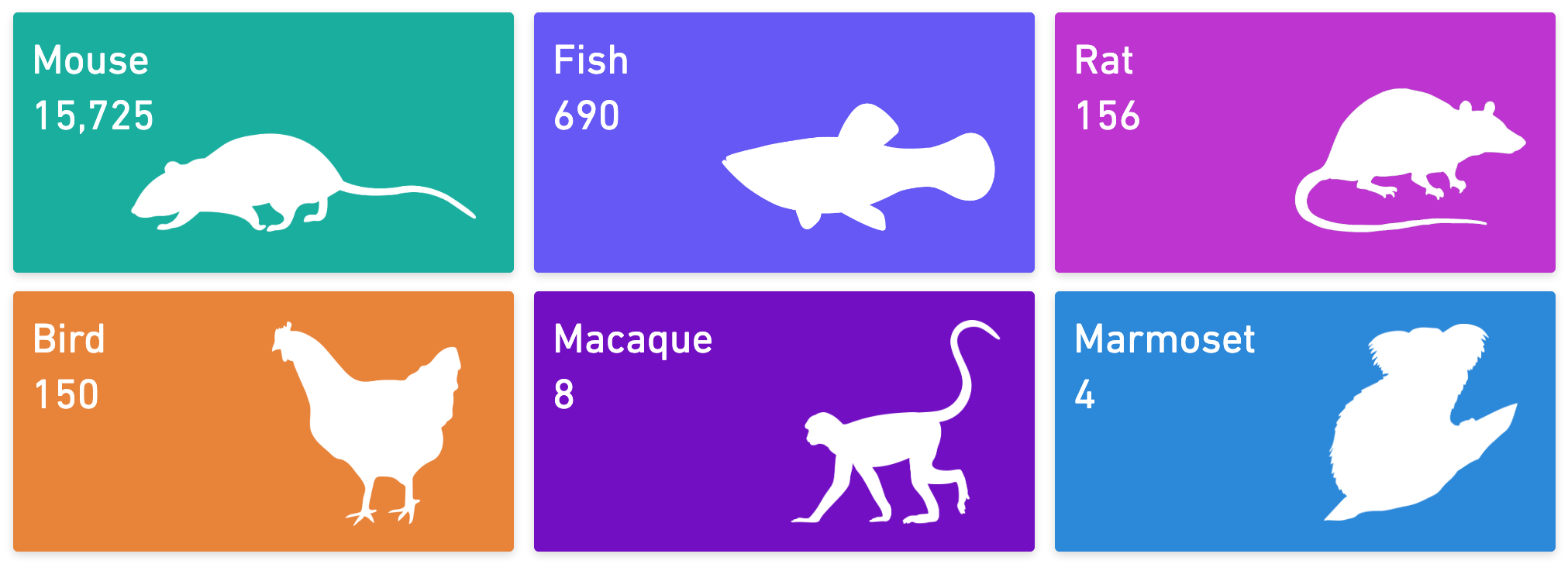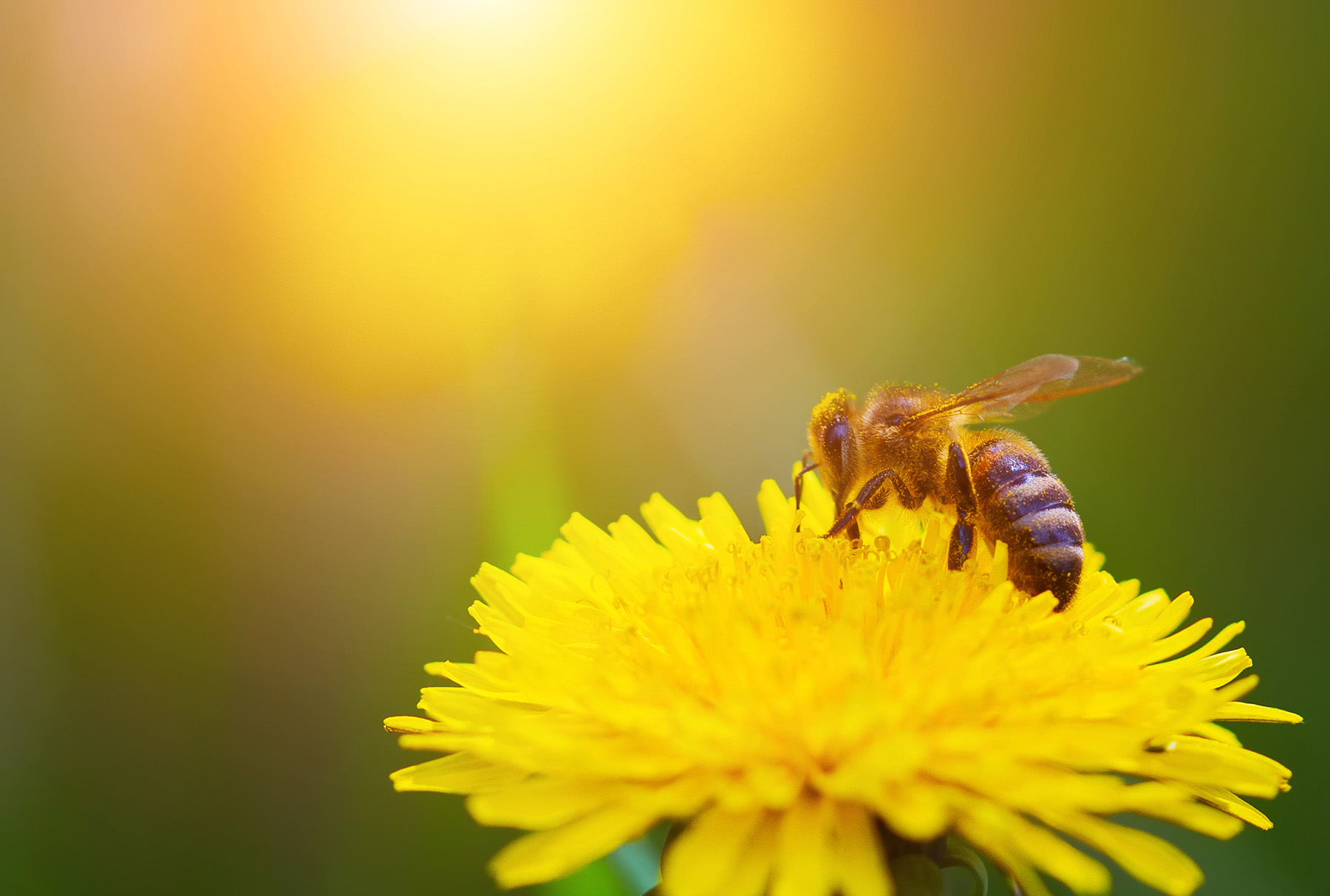Facts and Figures
Use of animals in research
You can view our list of live 2026 project titles as of January 2025. This list will be updated annually.
1 January 2024 to 31 December 2024
A breakdown by species of the number of animal procedures carried out at Newcastle University from 1 January 2024 to 31 December 2024:

Newcastle University’s use of animals in research contributes to a wide range of research including animal welfare, cancer, vaccine development, heart disease and stroke.
- Heart and circulatory diseases: Heart and circulatory diseases cause a quarter of all deaths in the UK, that’s more than 170,000 deaths each year – an average of 480 deaths each day or one every three minutes in the UK. (British Heart Foundation, 2025)
- Cancer: in the UK, there are more than 385,000 new cases of cancer a year, which works out at more than 1000 a day. These lead to 167,000 deaths each year, equivalent to more than 460 per day (Cancer Research UK, 2025)
- Stroke: there are 100,000 strokes in the UK each year with 1.3 million strike
survivors living with the after effects such as paralysis and problems with speaking and understanding (Stroke Association, 2025)
Of the animals listed above, 121 birds were used in animal welfare research.
Therefore, the total used in medical research was: 16,612.
The definition of the threshold for regulation is a procedure which causes an animal to experience a level of pain, suffering, distress or lasting harm equivalent to, or higher than, that caused by inserting a hypodermic needle according to good veterinary practice. We record numbers of animals which underwent procedures which were below the threshold for regulation.
Procedures classified as below the threshold for regulation were:
| Type of animal | Number of procedures |
|---|---|
| Mouse | 8127 |
| Fish | 472 |
| Total | 8599 |
Therefore, the total number of procedures which were above the threshold for regulation was: 8,134.
Archived details of animal procedures carried out at Newcastle University from 1 January 2014 to 31 December 2023.
